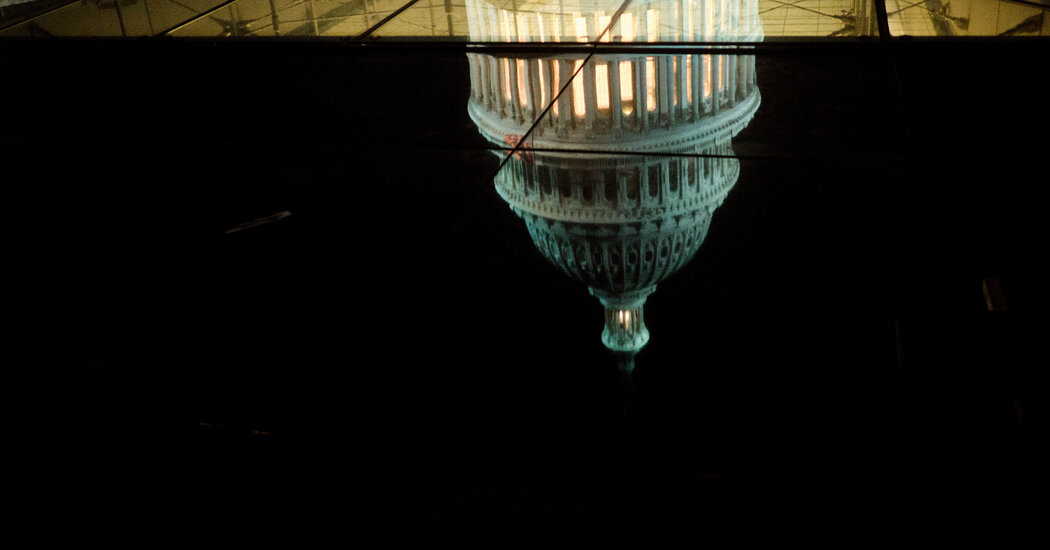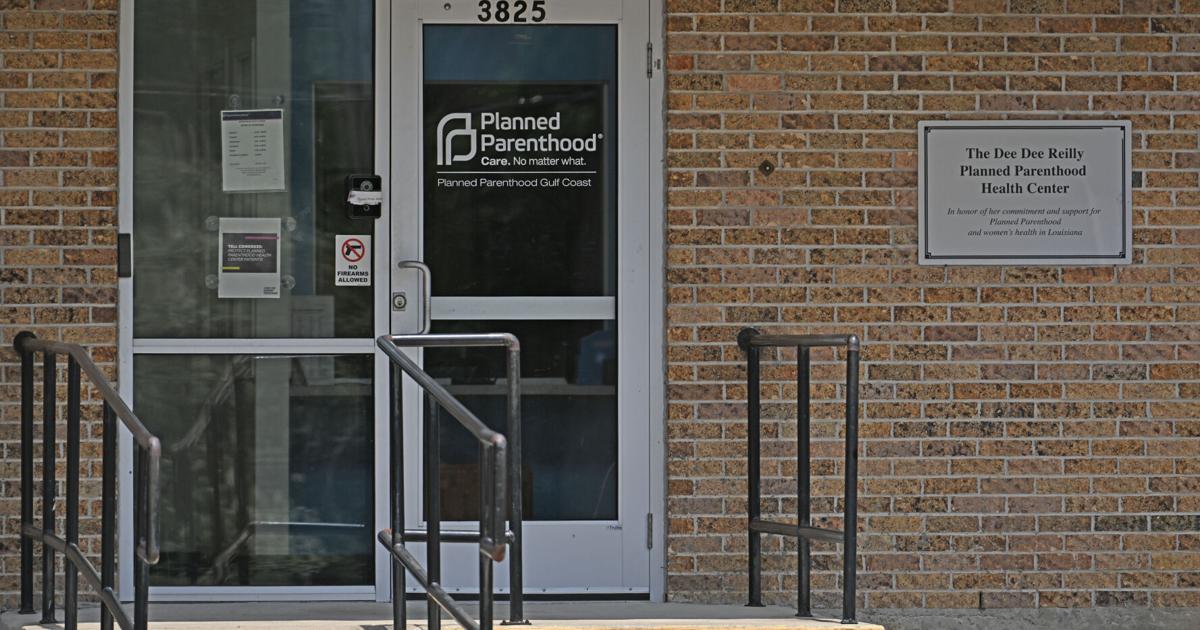
With the federal government headed toward a potential shutdown this week, thousands of workers could be furloughed and operations could be disrupted at many agencies.
But not all government programs would come to a halt. Some essential work, such as law enforcement and airport security screening, would continue. Federal benefits programs like Social Security would also continue payments.
Here is how some government functions would be affected during a shutdown.
Which federal benefits would continue?
Social Security is considered mandatory, and funding for those programs is generally unaffected by a shutdown.
Medicare benefits also continue uninterrupted. The federal government has enough money for Medicaid to fund the first quarter of the next fiscal year, according to the Centers for Medicare and Medicaid Services.
There could be lapses for some services, though. The federal government might not be able to issue replacement Medicare cards, for instance.
The Supplemental Nutrition Assistance Program, which provides food benefits to roughly 42 million people, is not expected to be immediately disrupted. But payments could be affected later in the year, depending on how long a shutdown lasts and how much contingency funding remains.
A spokesperson for the Agriculture Department, which administers SNAP, said in a statement that the “U.S.D.A. is prepared for all contingencies regarding department operations, including critical services and supports.” But the department did not provide more details on how much funding is available.
Veterans would still be provided medical care and pension benefits. But some services within the Department of Veterans Affairs, such as career counseling, would not be provided.
Which federal programs would end?
It’s difficult to know exactly which programs or services would immediately end if the government shuts down this week, given that agencies have been slow to release their latest contingency plans. But agencies have warned about potential effects during similar episodes.
Access to the Special Supplemental Nutrition Program for Women, Infants, and Children, commonly known as WIC, could be affected. The program would not have enough funding left to accept new applicants starting Oct. 1, according to a White House official, who spoke on the condition of anonymity to describe internal budget documents.
In past shutdowns, inspections of chemical factories, power plants, oil refineries and water treatment plants were disrupted because the Environmental Protection Agency furloughed most of its employees in charge of monitoring pollution and compliance. Some routine food safety inspections also stopped.
The Small Business Administration might continue to make loans for disaster preparedness and response. But it would most likely cease approvals for other loan programs for small businesses.
Head Start, an early education program for low-income children, is not expected to have major impacts immediately. Tommy Sheridan, the deputy director of the National Head Start Association, said in an email that only eight programs out of roughly 1,600 total have a fiscal year that starts on Oct. 1, meaning that most programs would not see a lapse in funding this week. The eight programs serve about 7,500 children.
“We have reached out to them and so far all the ones we’ve heard back believe they will be able to stay open for a period of time,” Mr. Sheridan said. “If a shutdown stretches longer though, especially into November, then a lot more programs would be impacted and some would likely have to close.”
How would a shutdown affect airports?
Air traffic controllers and Transportation Security Administration employees would largely continue to work, meaning that airports would keep operating.
But air travel could be disrupted if security agents stop showing up for work because they aren’t being paid for the duration of a shutdown. That happened during the 2018-9 shutdown, when travelers faced long lines and closed checkpoints.
Would mail still be delivered?
The Postal Service would continue to deliver mail and all post offices would be open as usual. The agency generally does not receive tax dollars for operating expenses and instead relies on revenue from its sales.
Would national parks stay open?
When the government shut down for more than a month during the first Trump administration, many parks remained accessible to the public, even as most staff were furloughed. Services like restroom maintenance and trash collection were not offered at the time. That led to piled-up garbage and illegal driving of off-road vehicles at some parks.
On Friday, more than 35 former park superintendents wrote a letter to the Trump administration urging them to close the national parks if the government shuts down, saying the lands could be damaged with limited staffing.
Do Smithsonian museums remain open?
Smithsonian museums have sometimes stayed open for a short period immediately after a shutdown. During the first Trump administration, those museums and the National Zoo were initially open after the shutdown began, but closed after more than a week. All zoo animals continue to be fed and cared for during a shutdown.
Could I renew or get a new passport?
In the past, visa and passport services have usually continued as long as there were sufficient fees to support operations. Services might not be offered at passport agencies inside government buildings, however.
Tony Romm contributed reporting.



